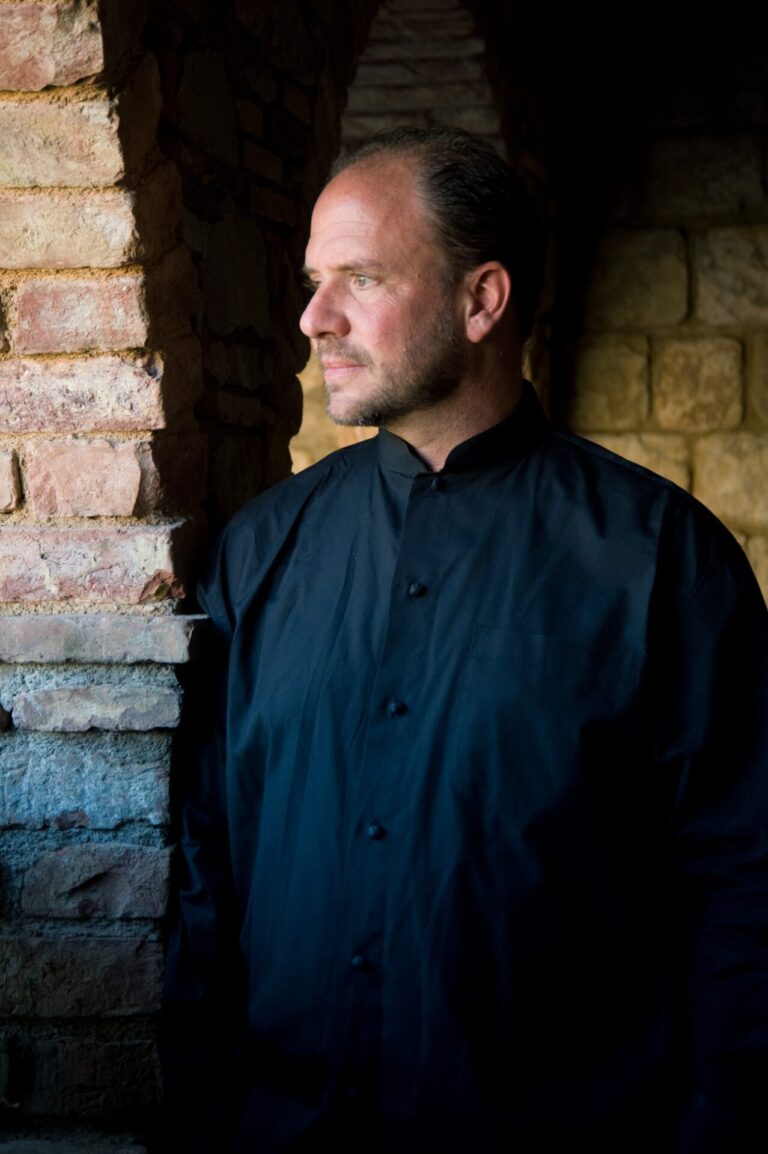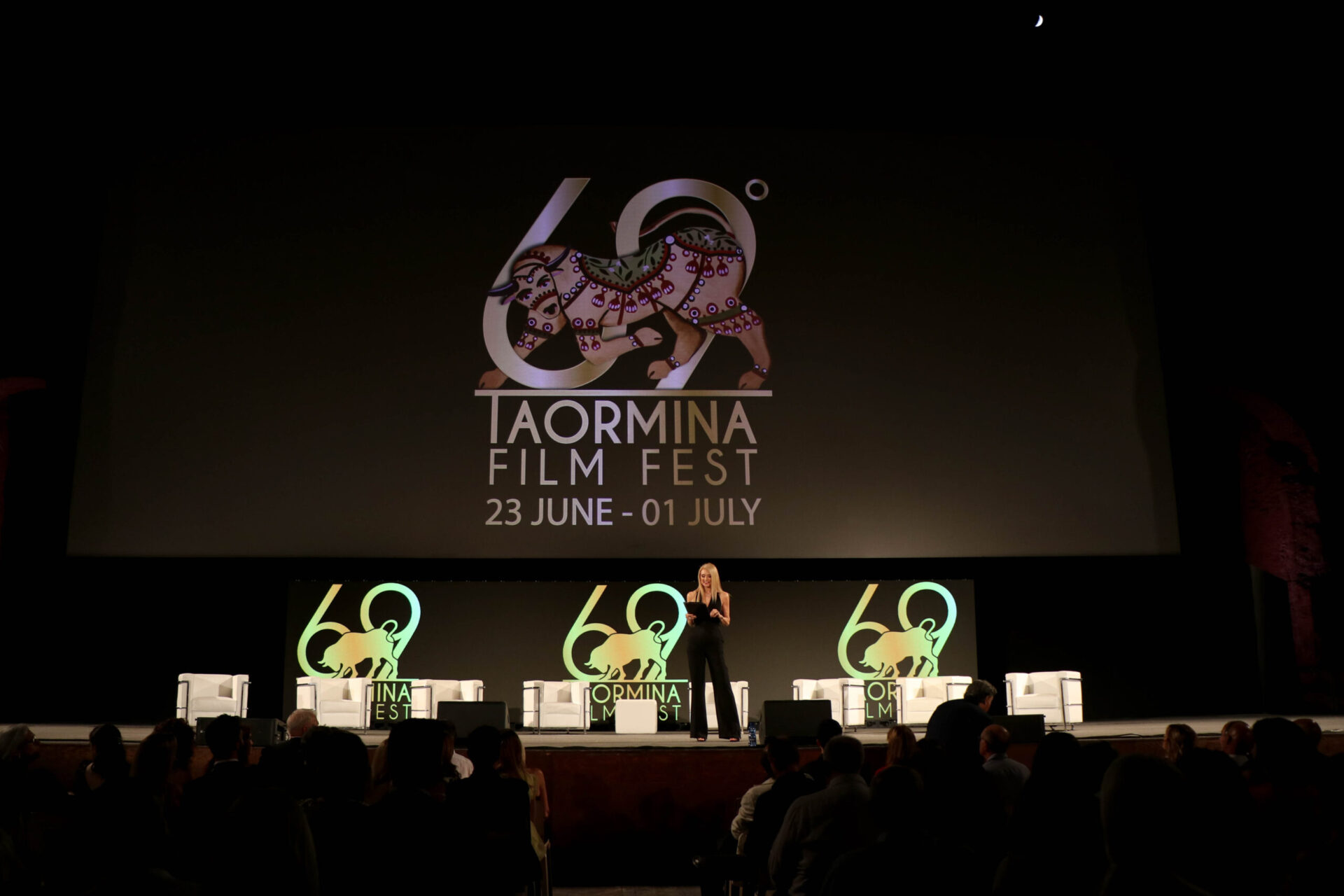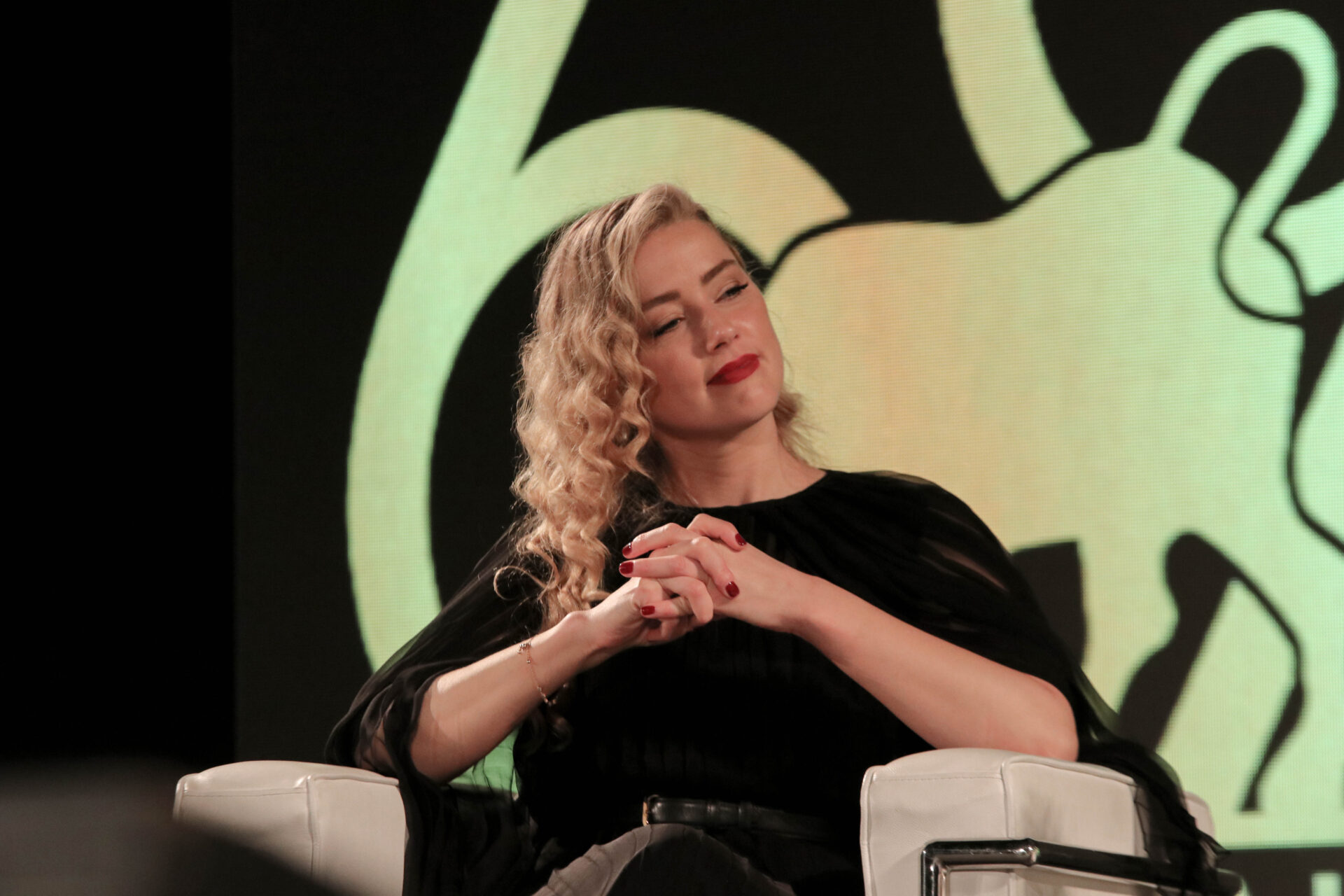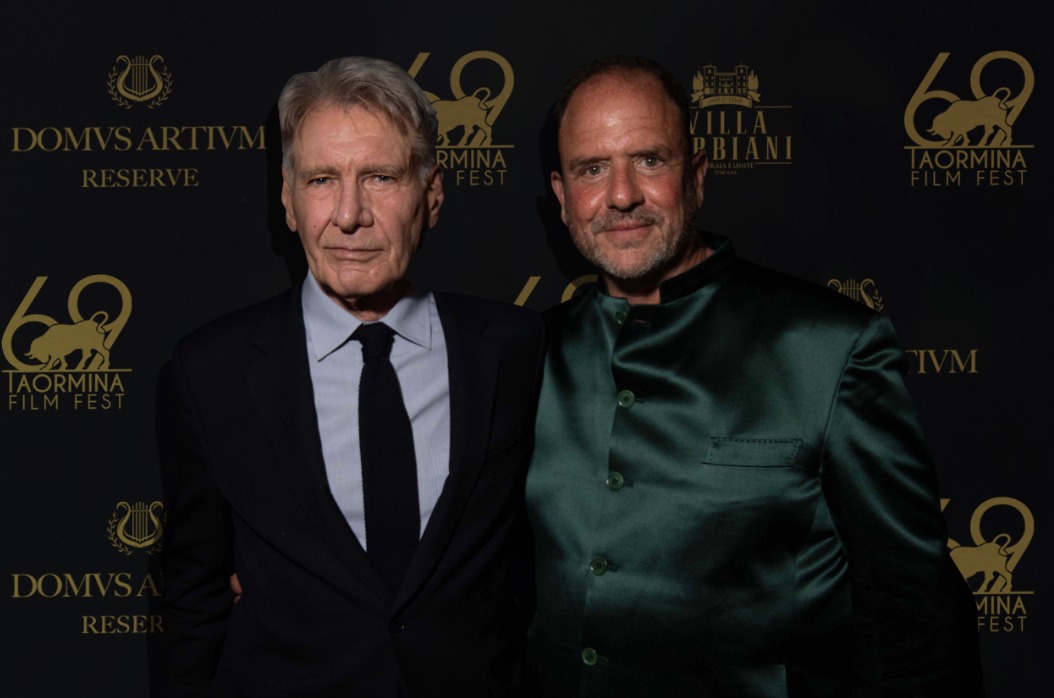
Italian writer Leonardo Sciascia in his novel The Day of the Owl (Il giorno della civetta) wrote “You must go to Sicily to see how incredible Italy is.” The book — adapted for the screen by Damiano Damiani in 1968 — is about a series of murders committed by the Mafia and the struggle of the commander of the Carabinieri to fight for justice.
The image of this wondrous region is often associated with organised crime and seldom with its bountiful history or the Sicilian heroes — like Giovanni Falcone, Paolo Borsellino, Piersanti Mattarella — who have fearlessly dedicated their life fighting against lawlessness. Italian cinema has made films about these men, whilst Hollywood was more focused on portraying stories like The Godfather.
However, the beauty of the Southern island of the boot-shaped land and its multifaceted spirit has managed to be known worldwide through the works of Giuseppe Tornatore, or most recently through the second season of the popular television series The White Lotus. And it is in the very city where the HBO series is set, that the Taormina Film Festival takes place since the mid-Fifties, and has become known for its outdoor screenings in the mesmerising ancient Greek Amphitheater with the volcanic Mount Etna in the background.
Taormina used to be the home to the Nastri d’Argento (Silver Ribbons), the Awards Ceremony of The Italian Film Journalists that began in 1946 and occurred betwixt Rome and Taormina. This year, the entire ceremony was held at the Roman MAXXI Museum, whilst the Closing Event of the Taormina Film Festival bestowed the Film Journalists Award for The Ribbon of the Year to the film Strangeness (La stranezza) by Roberto Andò.
This 69th edition of the festival ran from June 23rd until July 1st, intertwining its screenings with a variety of events. These included Masterclasses, a special retrospective dedicated to John Landis, and twenty-five films that celebrated the 90th anniversary of Warner Bros.
Opening Night was marked by the Pavarotti Forever benefit event featuring Placido Domingo, Vittorio Grigolo and other stars that were friends and colleagues of Luciano Pavarotti. This was just one example of how various performing arts were part of the cultural project born from the collaboration between the Superintendent of the Taormina Arte Foundation Ester Bonafede, the Artistic Director Beatrice Venezi and the Executive Director and Co-Artistic Director of the Taormina Film Fest Barrett Wissman.
Barrett Wissman was brought on board just two-and-a-half months before the festival’s kick-off. The business man from Texas has been the Chairman of IMG Artists, the global leader in the performing arts talent management, for the last 20 years. His commitment to music began at an early age, studying the piano and debuting as a concert pianist. He continued to be actively involved in music, serving on the boards of arts institutions and founding the Festival del Sole in Cortona, the Festival Napa Valley, the Singapore Sun Festival in Singapore, The Palm Springs Life Festival in the Coachella Valley and the Placido Domingo Festival in Seville. He recently created Domus Artium, that brings international artists, actors and musicians to Rome to perform in venues of architectural and historical significance.
Mr. Wissman was appointed Honorary Citizen of Italy by the Italian government and received an award from the Italian American Association as one of the most influential Americans in business in Italy for his accomplishments by the Mayor of Florence and later Prime Minister of Italy, Matteo Renzi. As part of his work in the arts, Barrett Wissman collaborated with artists such as Robert Redford, Jeremy Irons, Placido Domingo, Harrison Ford, Sophia Loren, Anthony Hopkins, Sting, Renee Fleming, John Malkovich and Robert De Niro.

In this Exclusive Interview the 2023 Executive Director and Co-Artistic Director of the 69th Taormina Film Festival shares his latest professional experience:
You have a very eclectic background in the performing arts, both as an artist and manager. What is your artistic approach in event-planning?
For me, everything is about the collaboration with the artist or producer (depending on whether or not it is an individual or a film or artistic project). Artists are the source for all content eventually. In my vision of the world one must align oneself with the interest of the actor, director, producer, composer and or performer. If an artistic director is a loyal partner over the years, artists will come back again and again with their projects and proposals. On the other hand, if the primary interest of an event or its director is merely to promote and to attract “stars” just for the sake of having such an element, one typically gets what one bargains for: a lack of direction, bigger costs, and being branded as an event that exists just to attract attention. In the end, substance, character and authenticity are the key.
The Taormina Film Festival line-up featured Cannes Film Festival opener Jeanne du Barry, Sundance prize-winner A Thousand and One and guests like Zoe Saldana, John Landis, Willem Dafoe, Abel Ferrara and the cast of Indiana Jones and the Dial of Destiny. What were your favourite highlights of this edition?
I don’t think I had any one favourite. What really made an impression on me about the festival was its diversity from big blockbusters like Indiana Jones to comedies like The Worst Days to very somber and serious titles like A Thousand and One. The fact that we were able to move from one end of the spectrum to the other with ease and that audiences sincerely appreciated all of them was what struck me as a highlight. The same was true for the range of talent, their experience and what they represented: we had everything from historical superstars and creators like Willem Dafoe, John Landis, Harrison Ford and Abel Ferrara to young and mid-career talent like Bella Thorne, Eddie Alcazar, Zoe Saldana and Khaby Lame. Diversity is for me of great impact. All that being said, its hard not to be impressed by the theatrical production we did surrounding the Indiana Jones performance in what is one of the greatest performing arts theatres in the world, the Teatro Antico of Taormina.
How did you come up with the section dedicated to Influential Shorts curated by Bella Thorne?
I have worked with Bella on projects for several years. When she showed me her short, I was impressed. Knowing at the same time her relationship with other talents from her generation, I proposed the idea to her. She loved it and the rest was history. I believe festivals should do much more of this type of programming. It also goes to my answer about the type of artistic direction I like to encourage. I like to involve talent in the decision-making and make it something interactive. It shouldn’t just be about taking product that is offered to us by the studios or producers, but about us as well reaching out to talent, filmmakers and industry and challenging them to work with us to develop challenging and interesting programming.
This festival edition also marked the first major public appearance of Amber Heard after she lost the trial against Johnny Depp, what was the response to her new independent movie In the Fire?
The response to both her being there and to the film was very positive. It was a substantial risk to invite Amber, not so much because of any concern for the opinions of people with regard to recent events, but because of security and logistical issues. I want us to be known as a platform for artists to present their work despite any influence of the powers that be in the industry to dissuade me otherwise for non-artistic reasons.

Besides showcasing the work of accomplished people in the film industry, do you see the future of this festival as a springboard for burgeoning talent?
The future of this festival must be as a springboard for burgeoning talent. If we don’t fulfil that role, we stop being a current event and quickly become a museum. If there is no element that helps to develop future talent, we won’t have any future! There has always been an element of discovery and being willing to do new things as a part of my work.
I also appreciate the work at Sundance for example of their Sundance Labs and I hope to be able to do something similar in Sicily in its own unique way of course.
What was it like to bring part of the Nastri d’Argento back to the Teatro Antico and could the next ceremony happen entirely in Taormina?
I think keeping a balance between the Italian and Sicilian roots of the festival and the international elements is fundamental. We are in fact in Italy. The Nastri d’Argento are a part of that Italian history and tradition and it was a positive element and well-received. It could in fact happen, and I am in discussions with Laura Delli Colli, who runs the Nastri, about just that and next steps.
How do you respond to the articles published in the Hollywood Reporter Italia and the American Hollywood Reporter labelling Taormina as a “Cursed Land” and the criticising the way the festival was previously managed?
I think that the major difference between the cultural landscape of Italy and North America, for example, is that in Italy events such as Taormina has a very strong underlying political undercurrents. Many of the changes that have occurred from year to year happen because of changes in the local, regional and national governments. This would not generally happen at Sundance, Tribeca or Toronto because their boards and constituents are a complex combination of private, non-profit and other stakeholders. In Italy, the influence of government is significant because historically, the vast majority of funding comes from the state. That in turn gives power those stakeholders. I in fact am not beholden to any particular government, party or political organisation. For me, artistic choices are just that and shouldn’t be influenced in this way. For this reason, I frankly haven’t tried to understand too much about the problems of the past and have moved on in my own personal way. To be fair, no one in the festival or governmental hierarchy tried to influence any of our artistic decisions other than to make suggestions that we were free to follow (or not). Too many changes and a lack of consistency are not beneficial for the development of a cultural event or platform. Each director should be given at least a few years to develop success if it starts out in the right direction. Unfortunately , in Italy, bureaucracy, politics and in-fighting often get in the way of even the most successful artistic endeavours.
Did you talk to any of the artistic directors who preceded you, before getting to work?
Several years ago, I met with the organisation when they had an interest in moving forward in a different direction. Since then and after having taken on this role this year, I didn’t speak with any of them. I know several didn’t have the best experiences and given the fact that we have a new team in place, I didn’t want to focus too much on the past.
What was the strategic planning you and co-director Beatrice Venezi had for this 69th edition of the festival and what were the major challenges you encountered?
Beatrice has been a good colleague and has focused more on the planning of Taormina Arte’s performing arts season which occurs after the Taormina Film Festival. I focused primarily on the Film Festival. Given the fact that all of the planning was done in three months, the lack of time was our biggest challenge. A lack of proper time often creates logistical issues and problems. Also, it requires around-the-clock focus and a work ethic that is intense to say the least. When you look at the schedule and the programming in retrospect, its hard to believe this was all organised in three months. When I say that nothing specific was planned before I came on board, that is a literal statement. To program all the films, raise funds, manage travel and hospitality, initiate marketing plans not to mention strategising with talent and their production teams is a immense task. I am fortunate that I have done this a few times in my life.
Let’s talk about numbers, can you give me some statistics of the results achieved during this 2023 Taormina Film Festival?
We screened over 70 films, had 3-4 times the attendees this year compared to the last couple of editions and took in more than twice the box office this year.

Do you envision in the future of the Taormina Film Festival the possibility of reprising the Competition?
I am not really sure about this. I am very conflicted about competitions these days and the role of competition in the Arts in general.
Competitions used to be more important when it was more difficult for the public to vote with its eyes. Today we have You Tube, Instagram, social media, streaming companies and endless other ways for the public to watch and engage with talent and filmmakers. In a sense we will always have competition because we have to decide what to screen, but I have this strong sense that neither I nor any small group of individuals should be deciding what gets awarded or not. Maybe we should leave that to the Nastri and the Oscars, where that’s their “raison d’etre.”
The Hollywood labour disputes are already influencing the upcoming line-up of the Venice Film Festival, where the film Challengers was pulled out following the WGA and SAG-AFTRA strikes. What are your thoughts on the role of film festivals and the way they may have an impact on the A.I. controversy?
I really see this as two issues: one issue is whether or not artists are being compensated fairly and justly for their work in the context of new technology. New technologies always bring with them a host of new legal and financial questions and concerns. I remember when first advising clients on social media content and legal issues surrounding the subject. It was all new then, but it has since worked some of this out. If artists aren’t being compensated fairly because new forms of distribution have found a way to de-emphasise the importance and role of artists from a financial point of view, this needs to be adjusted. A strike can be part of that process. The second issue is the specific question about A.I. In my mind, humans will never be able to be replaced. If A.I. is a wonderful technological change, then artists’ likeness and image needs to be compensated properly. Regarding festivals in general, they need artists and filmmakers. Without them, the events would be mere screenings and less impactful. This will hopefully be a temporary interruption, because a festival without artists isn’t a festival.
In Sicily there is much debate about the concept of “omertà,” a code of silence that censures freedom of expression. For sake of clarity with our readers, is there anything we have not addressed in this interview that you would like to add?
Well, from the point of view of the festival having been subjected to anything censuring expression or choice while I have been there, I can sincerely say that I certainly didn’t witness any of that. I do have a concern though about how and why decisions are made by arts institutions like the Fondazione Taormina Arte. I just hope the board and the management make decisions based upon quality and substance and that the Foundation doesn’t again fall victim to influences that have nothing to do with the success of the event itself.

